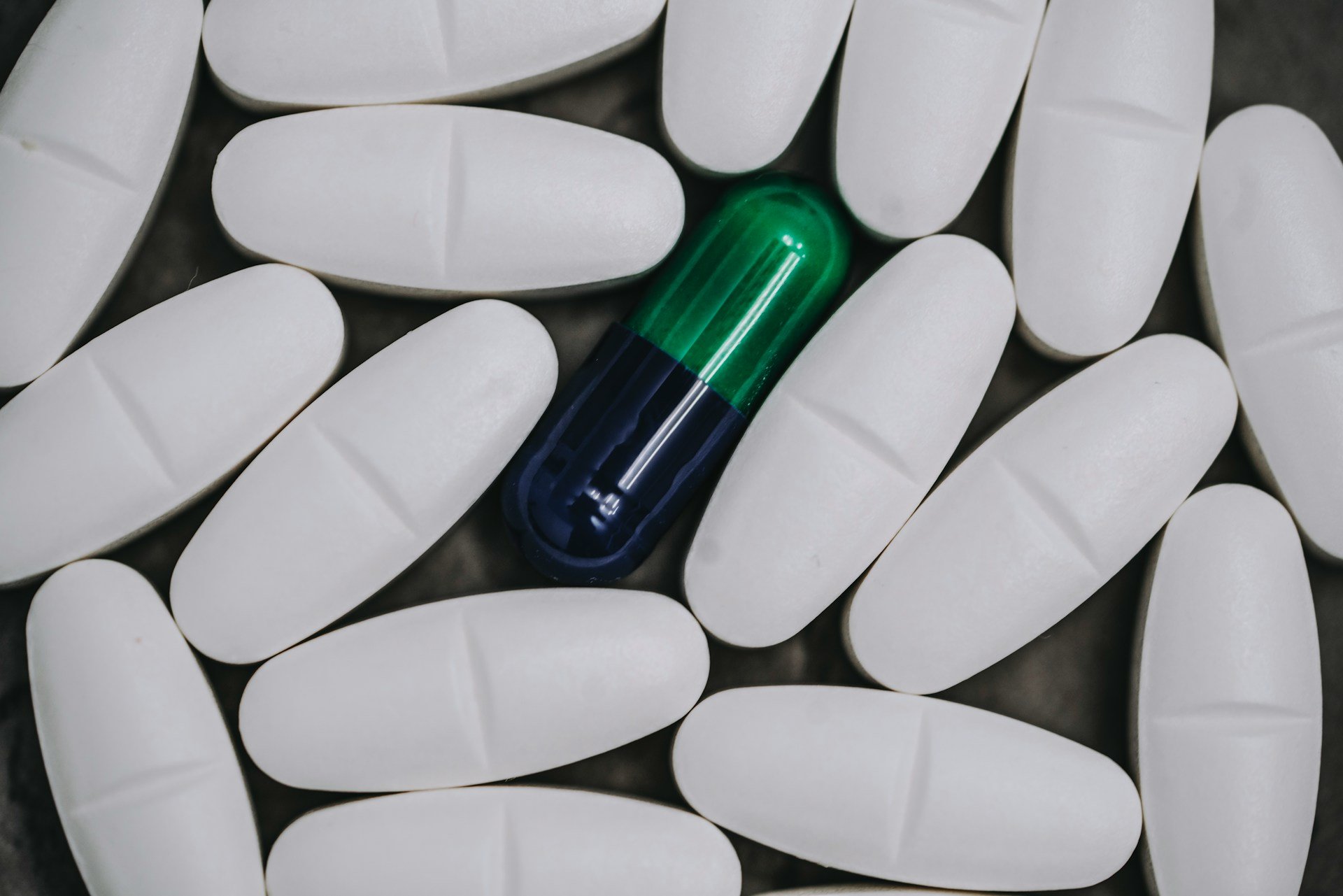Counterfeit medications can pose a serious threat to the wellbeing of patients across the world. While these imitations of legitimate medications can appear genuine, they frequently lack proper quality control and regulation. Counterfeit drugs may be made with excessive qualities of the active ingredient, too little of the active ingredient, or even dangerously inferior substances. Consumers can face a range of health complications, from treatment failures to allergic reactions.
Understanding the Risks of Counterfeit Medications
Counterfeit medications are produced outside of legitimate manufacturing processes and often lack regulatory oversight. These fake drugs can be made with inconsistent, ineffective, or harmful ingredients. As a “best-case” scenario, counterfeit medications may simply be less effective than their authentic counterparts, if they have any effect at all.
However, the dangers of fake medicine can be far more serious than a simple lack of effect. Counterfeit versions may contain too much or too little of the active ingredient, increasing the patient’s risk of an overdose or underdose. In some cases, the active ingredient may be substituted for inferior substances that can cause allergic reactions, organ damage, or even death. Recently, claims of counterfeit Ozempic have surfaced in the United States. Multiple cases and Ozempic injury lawsuits have been filed due to the inferior nature of the counterfeit medication.
Increasingly prevalent use of counterfeit antibiotics is especially concerning. Knockoff medications frequently fail to kill the targeted bacteria, which allows the culture to become resistant to future antibiotic treatments. This is known as “antibiotic resistance.” As bacteria gain increasing resistance to more types of treatment, it will become more and more difficult to effectively treat serious health problems.
Types of Counterfeit Medications
Counterfeiters target a wide range of medications, putting both prescription and over-the-counter (OTC) drugs at risk. Fake medications can include:
- Prescription Drugs: Antibiotics, painkillers, and medications for chronic conditions such as heart disease, high blood pressure, and mental health conditions.
- Over-the-Counter (OTC) Medications: Vitamins, supplements, pain relievers, and allergy medications.
Can Counterfeit Medications Be Easily Identified?
Some counterfeit medications will carefully match the legitimate treatment they are mimicking. In other cases, it may be possible to spot a counterfeit drug due to branding inconsistencies, incorrect labeling, or appearance. When picking up a prescription, be on the lookout for:
- Packaging and Labeling Discrepancies: Carefully inspect the medication packaging and be aware of signs of tampering. Genuine medications should be provided in official-looking packaging. There should not be misspellings, broken seals, or poor-quality printing. Verify that the drug name is spelled correctly, the expiration date is right, and the information on the label is identical to your prescription.
- Medication Appearance: Closely examine the medication itself to make sure it looks right. If you’ve taken the medication before, it should be the same size, color, and shape as previous treatments. If there are unexplained differences between the provided medication and previous prescription refills, you may have a counterfeit problem.
How Are Medications Authenticated?
Some legitimate pharmaceuticals make it easy for consumers to determine whether the medications they receive are legitimate or not. They may build authentication methods into their packaging, such as holograms, tamper-evident seals, or serial numbers, to ensure quality. If you are unsure whether you have been provided with safe medication, talk to a pharmacist about your concerns. They are trained to identify counterfeit medications and can help answer any questions you have.
Is it Dangerous to Buy Medications Online?
There’s no denying that it can be convenient to order prescription medications online and have them delivered to your doorstep. However, it’s important to keep in mind that there are significant risks associated with purchasing medications from unregulated sources. Unscrupulous online pharmacies may sell counterfeit drugs that are ineffective or even harmful. You should only use online pharmacies with a demonstrated track record of patient safety and legitimate practices. The U.S. Food & Drug Administration suggests only buying from online pharmacies that:
- Have a verifiable, physical U.S. office location and phone number
- Always require a doctor’s prescription
- Is licensed in all states in which they operate and/or do business
- Has a state-licensed pharmacist on-staff to answer patient questions
Protecting Yourself From the Dangers of Counterfeit Medications
There are safeguards in place to ensure that consumers receive safe, effective medications. However, there is no way to entirely eliminate the risk of exposure to ineffective and potentially dangerous counterfeit drugs. It’s wise to stay aware of the possible threat of counterfeit medications, so you can make sure that you and your loved ones are not harmed. We hope this article helps you stay safe the next time you pick up a prescription from your local pharmacy!
